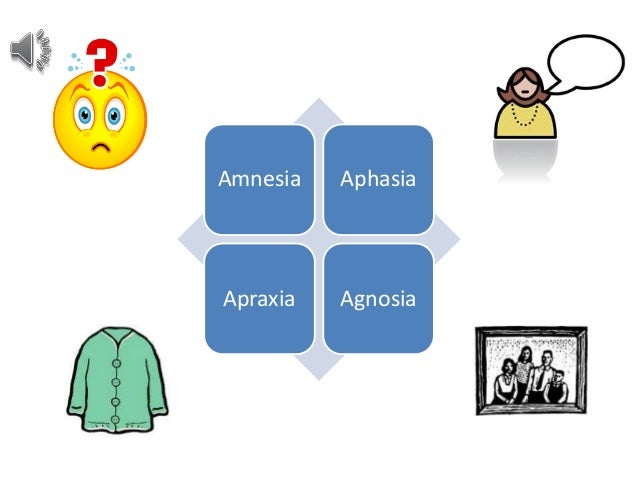

Sleep is fundamentally important to memory, energy and mood. A mild neurocognitive disorder may sometimes advance into a major neurocognitive disorder (i.e. Mild Cognitive ImpairmentĪlso referred to as “mild neurocognitive disorder”, this condition involves clear but mild decline in ability to recall new information or other skill that does not significantly interfere with the ability to function on a daily basis. Keeping this distinction in mind can be helpful. These are skills we tend to think of as “fluid”. Other skills do tend to decline with age, and this is quite natural (skills such as speed of processing, short-term recall, or thinking on your feet). They are well established and not so vulnerable to aging. We tend to think of these as “crystalized” skills. These skills (for example fund of general knowledge and vocabulary) do not necessarily decrease with age. Some cognitive skills can remain strong well into old age. These changes, while frustrating, do not mean that dementia is developing. Names of acquaintances don’t come as easily as they used to.

They have more difficulty following intricate plots of books or films.They don’t recall details of recent conversations as acutely as they used to.I’ve noticed that older adults who place a high value on their intellect are often very attuned to subtle changes in their cognitive abilities. One possibility when it comes to memory loss is normal aging. There are several other possibilities that need to be considered before making a diagnosis of dementia. The good news is that changes in memory are not necessarily signs of dementia. This is especially true for people with a family history, who may think to themselves, “Grandma had dementia. When older adults begin to notice their memory is not as sharp as it used to be, they sometimes fear they are developing dementia.


 0 kommentar(er)
0 kommentar(er)
